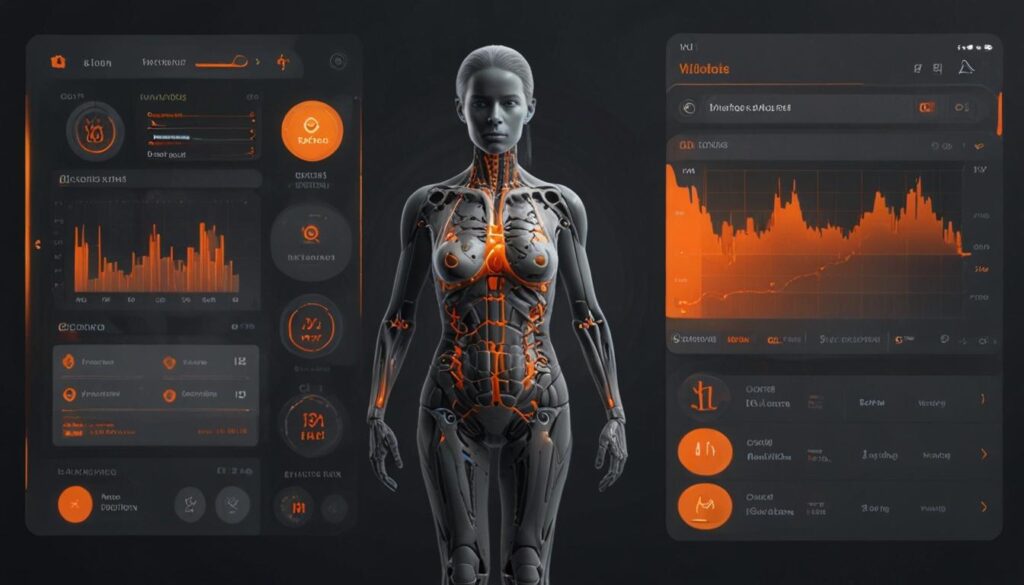The global market for medical virtual assistants is projected to skyrocket from USD 487 million in 2022 to USD 2,668.4 million by 2029, with a compound annual growth rate of 27.9%. Technological advancements, demand for personalised healthcare, and cost-saving initiatives are major drivers fueling this expansion, revolutionising patient care and operational efficiency in the healthcare sector.
Medical Virtual Assistant Market Set for Significant Growth by 2029
The global market for medical virtual assistants is anticipated to experience substantial growth over the next few years. According to a recent report by Valuates, the market is projected to expand from USD 487 million in 2022 to USD 2,668.4 million by 2029, reflecting a compound annual growth rate (CAGR) of 27.9%.
Factors Driving Growth
Several factors contribute to the burgeoning market for medical virtual assistants, including the increasing demand for personalised patient experiences and cost-effective healthcare solutions. The widespread adoption of artificial intelligence (AI) and machine learning technologies in the healthcare sector further propels this growth. Additionally, the rise of telehealth services, the prevalence of smart devices, and the need for efficient management of large volumes of healthcare data are driving forces behind this trend.
The growing number of chronic illnesses requiring regular monitoring and management, alongside government initiatives promoting digital health, also support the rising adoption of medical virtual assistants. These factors are crucial in addressing the ongoing challenges within the healthcare industry.
Technological Advancements
Medical virtual assistants utilise AI and machine learning to enhance various aspects of healthcare. Chatbots, for instance, improve patient engagement, expedite administrative tasks, and increase accessibility to healthcare services. These AI-driven solutions allow patients to schedule appointments, receive reminders, and obtain preliminary medical advice around the clock, thus reducing the workload of healthcare staff. This automation enables healthcare professionals to focus on more complex cases and improves operational efficiency.
Virtual health coaches are another significant aspect of this market, offering continuous and personalised support to patients in managing chronic diseases, weight issues, smoking cessation, and mental health. These AI-powered coaches employ data analytics to provide tailored health advice and behaviour modification techniques, significantly enhancing patient engagement and adherence to health programs.
Market Dynamics
The increasing demand for personalised healthcare solutions is a major factor driving the market. Today’s patients seek customised healthcare services based on their unique needs and medical histories. Medical virtual assistants can analyse patient data to give personalised advice and develop treatment plans, thus enhancing patient engagement and outcomes.
Another element is the high cost of healthcare. Medical virtual assistants help reduce expenses by automating routine tasks such as scheduling, billing, and follow-ups, allowing healthcare professionals to concentrate on patient care. This efficiency can lead to cost savings and improved resource allocation, which are critical in today’s healthcare environment.
The global shortage of healthcare professionals is another key driver. Medical virtual assistants can help bridge the gap by handling administrative duties, thereby allowing medical staff to focus on direct patient care. This is particularly beneficial in underserved or remote areas where access to healthcare professionals is limited.
Regional Insights
North America currently leads the market due to its robust healthcare system, extensive digital adoption, and governmental support for telehealth. Key players in this region include Sensely, Babylon Healthcare, and Buoy Health. Europe follows closely, propelled by its ageing population and government initiatives promoting digital healthcare solutions. Companies operating in this market in Europe include Infermedica and Your.MD.
Conclusion
The medical virtual assistant market is poised for rapid expansion, driven by technological advancements, increasing demand for personalised healthcare, and efforts to reduce healthcare costs. As AI and machine learning technologies continue to evolve, the role of medical virtual assistants in the healthcare sector is expected to become even more integral, ultimately leading to improved patient care and operational efficiency across the industry.










